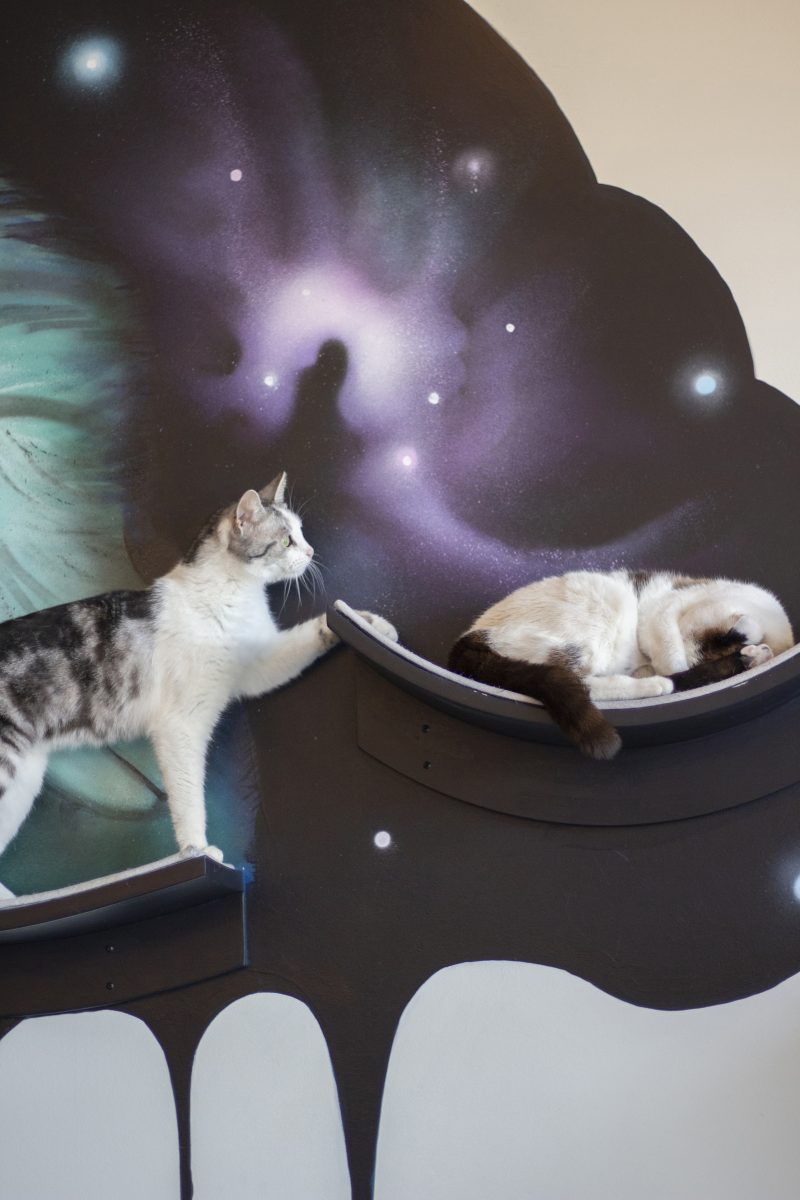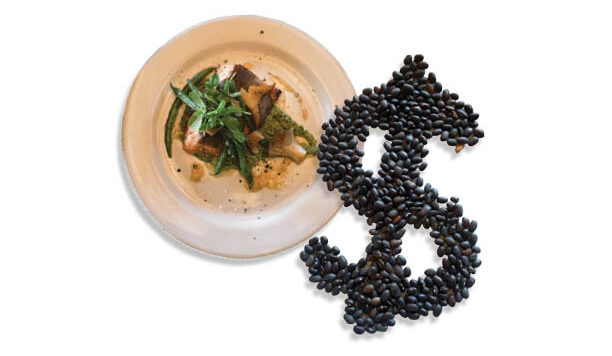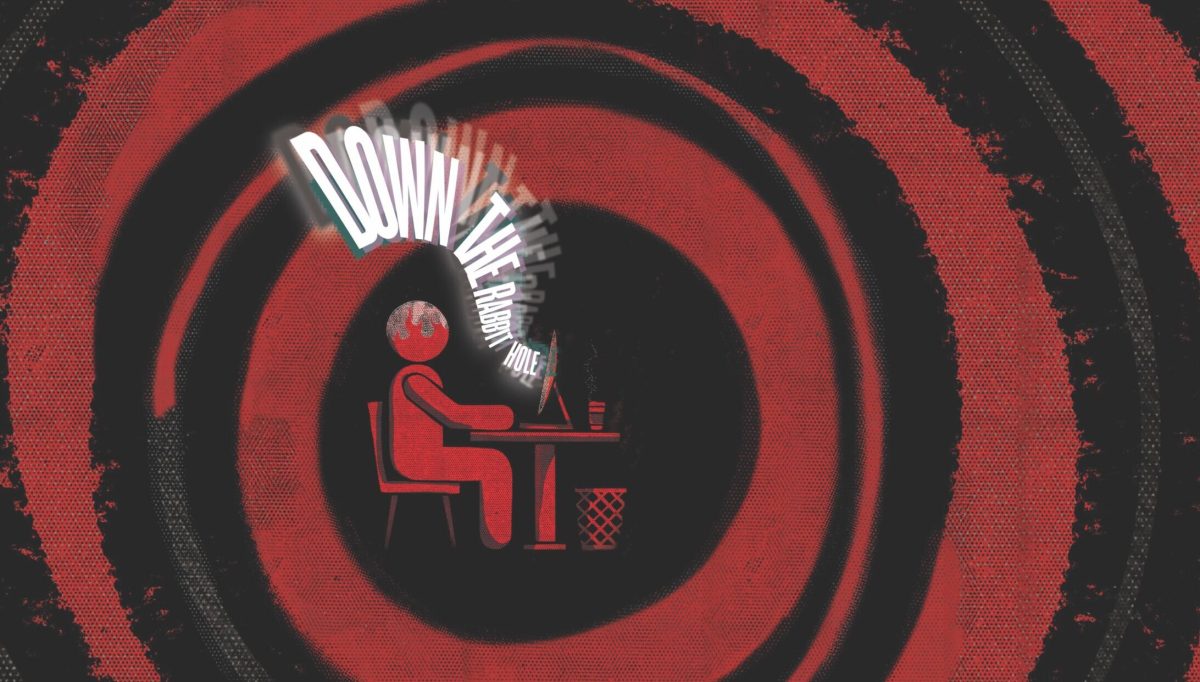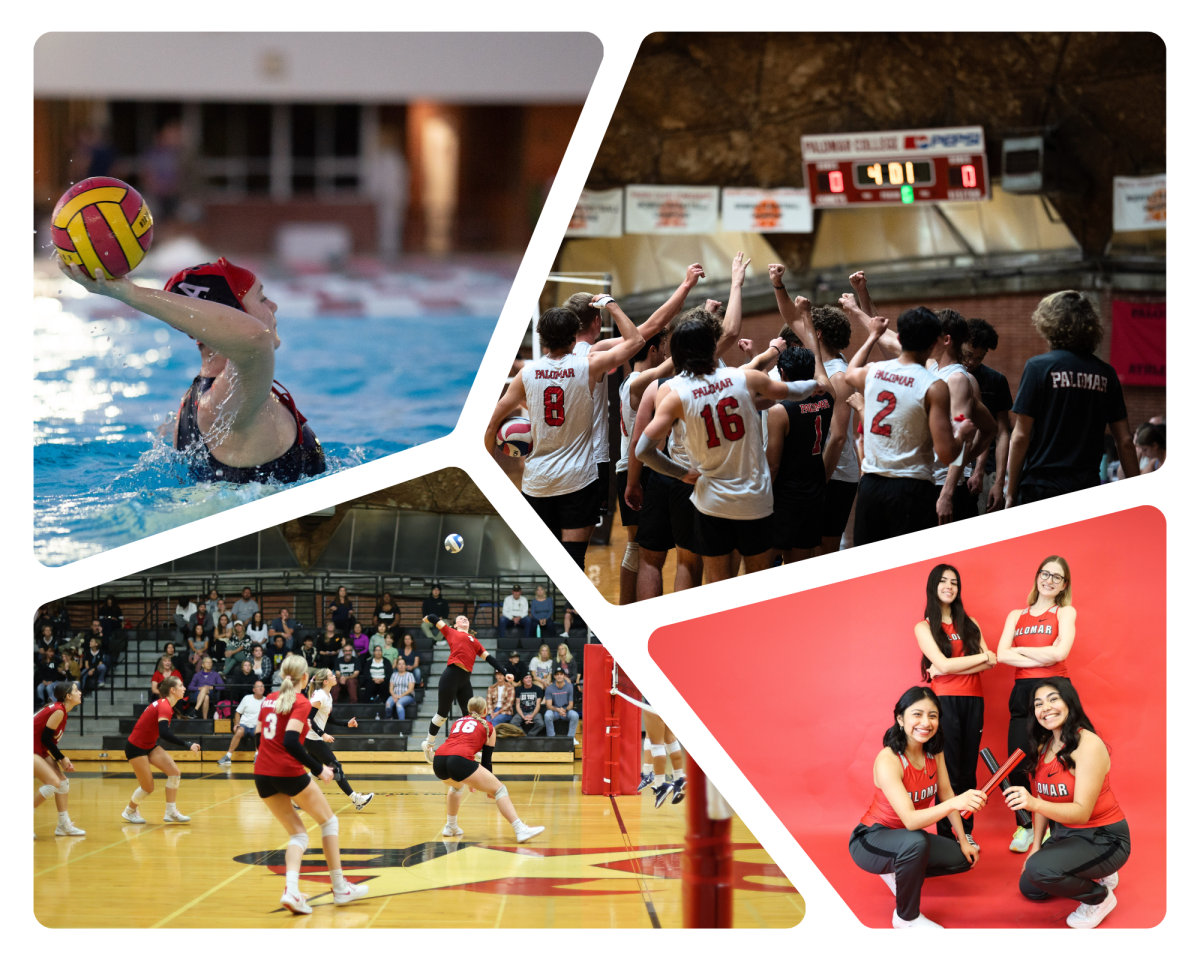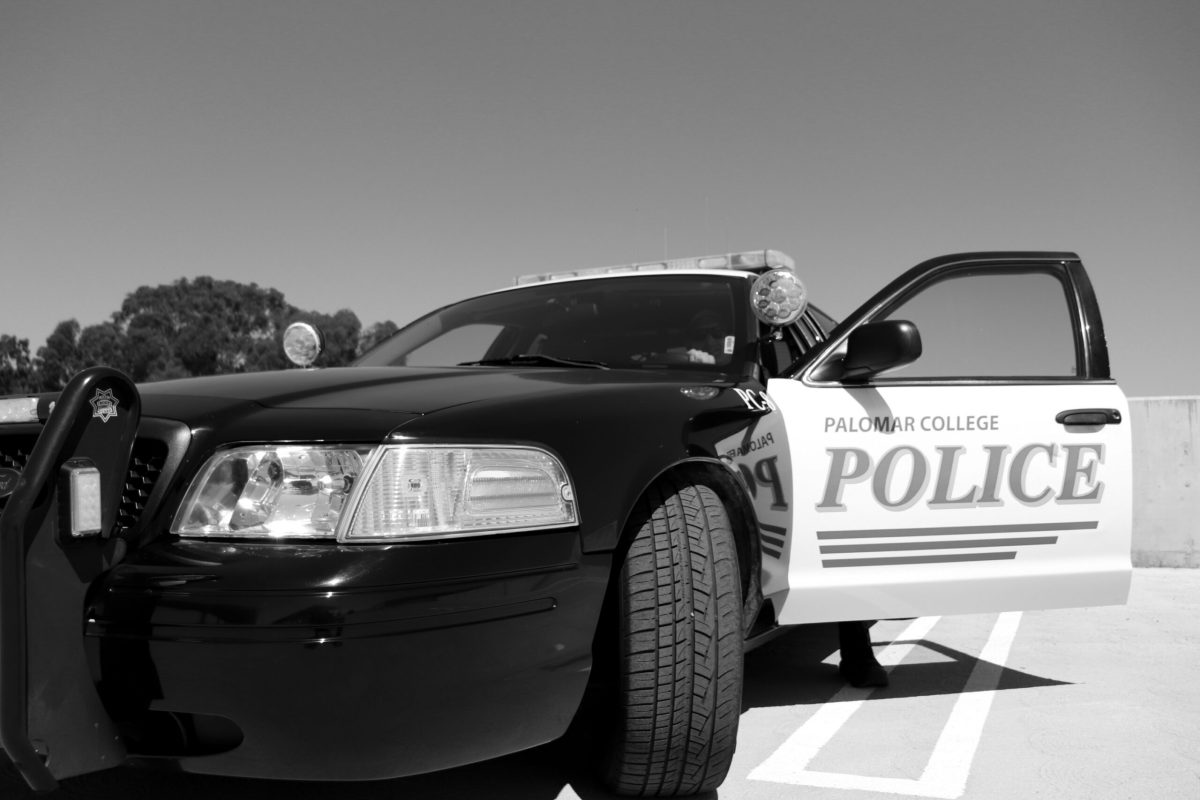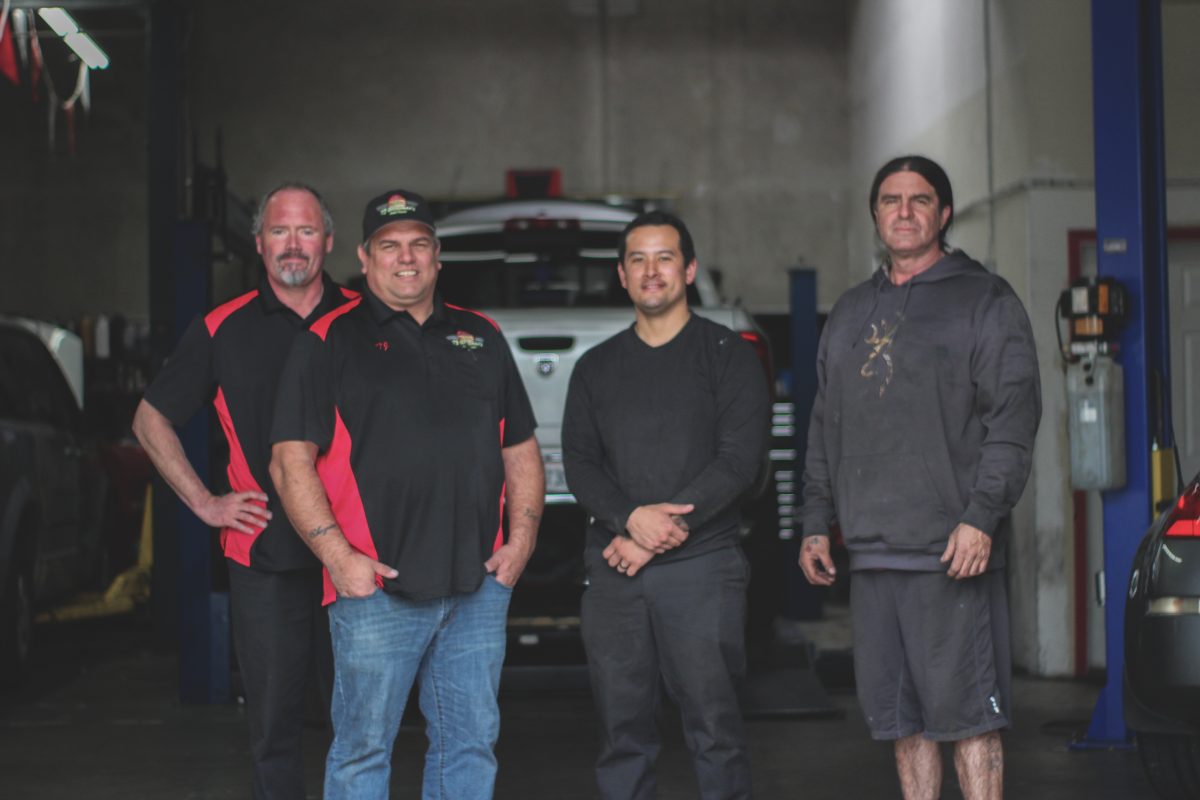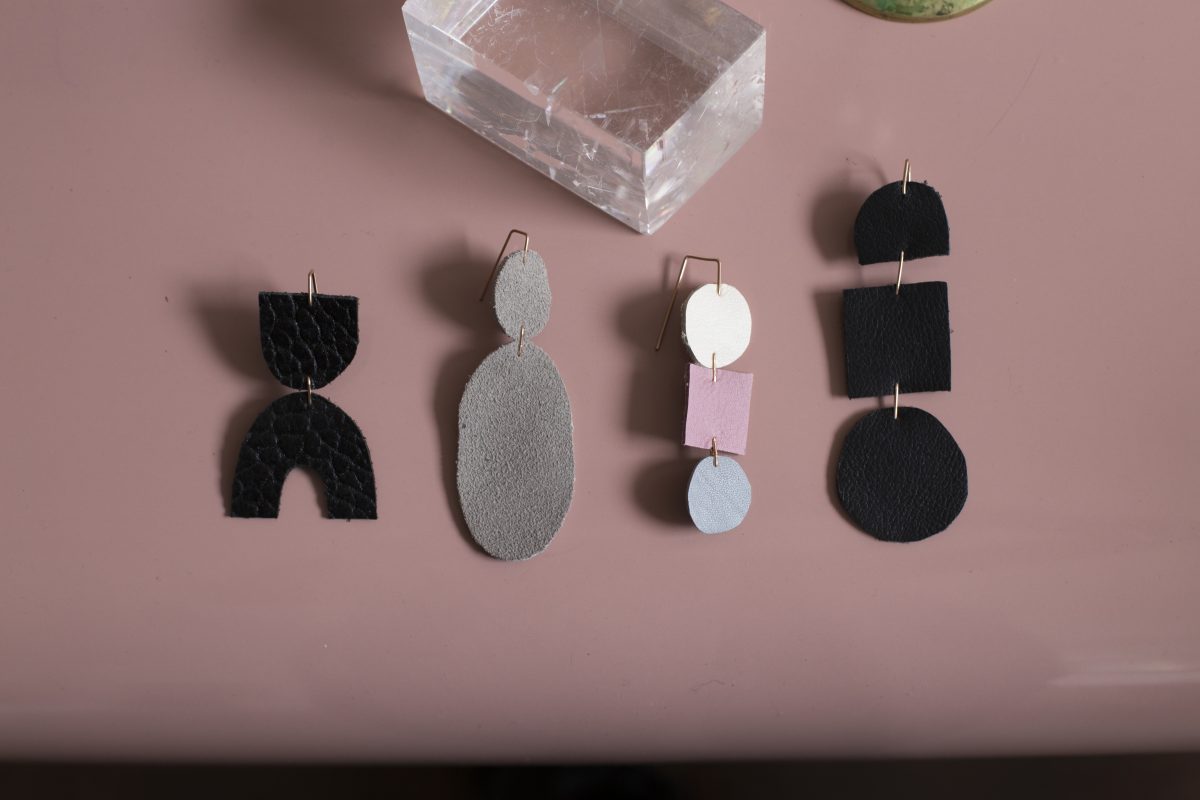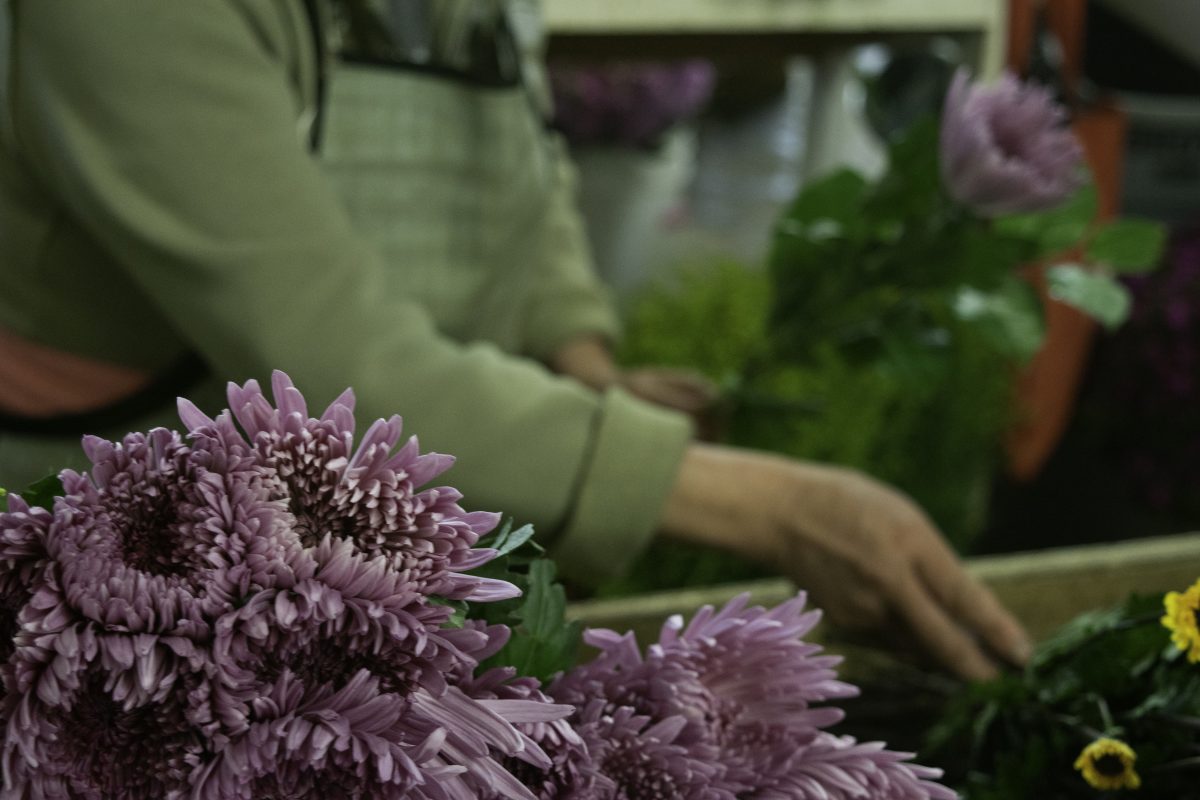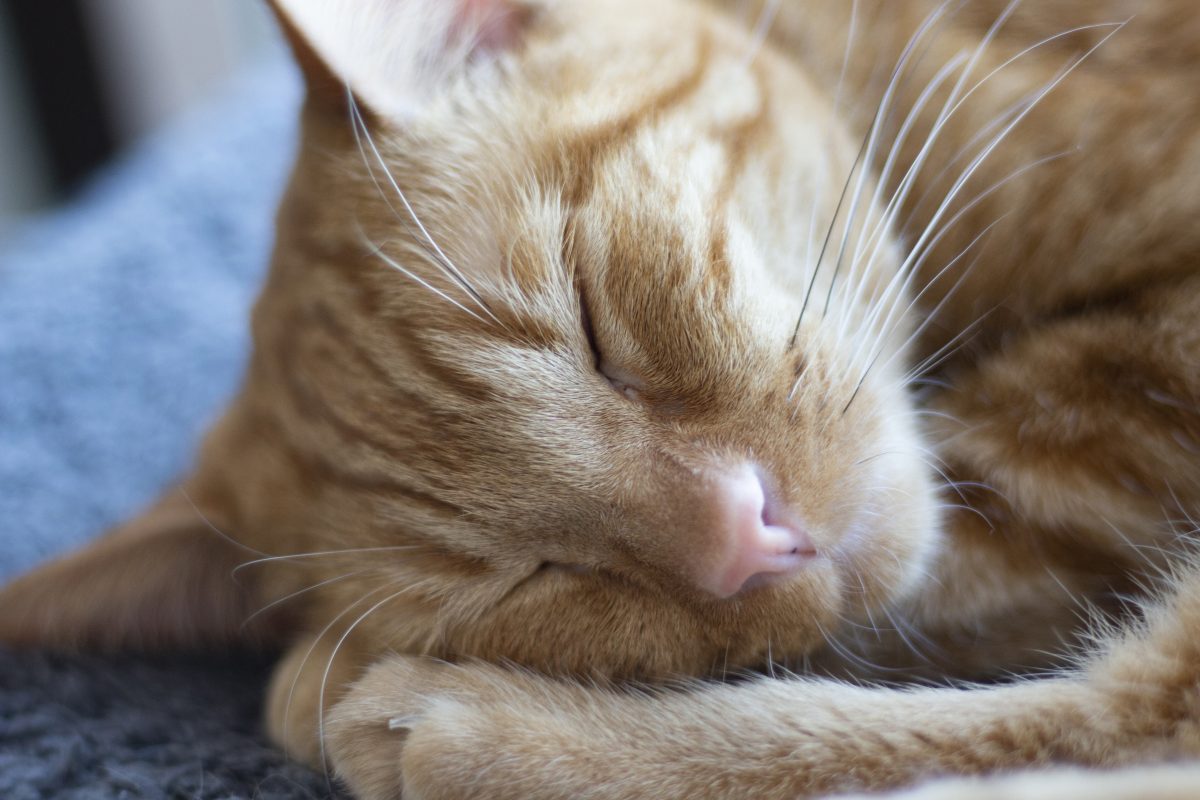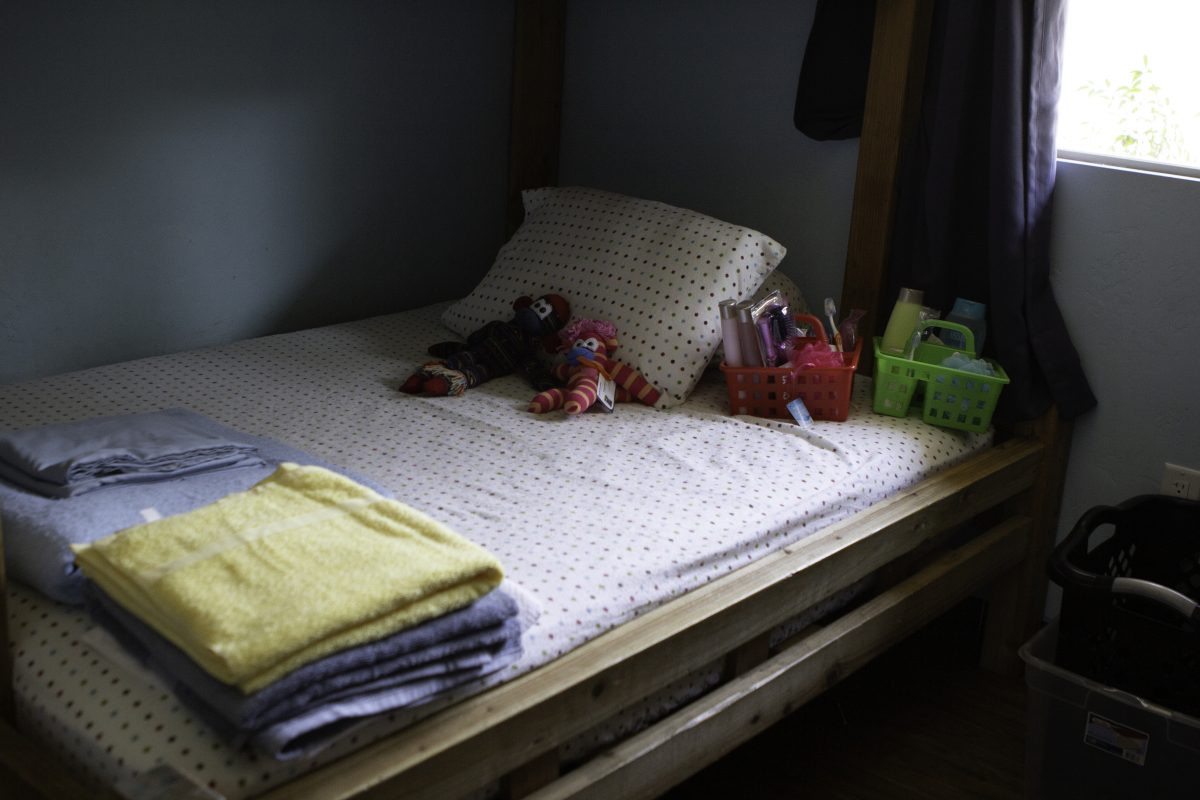Wild, untamed, and aggressive. These are all words used to describe feral cats, but walking into the Cat & Craft, you realize that’s not true. From the moment you walk in, the aroma of roasting coffee beans drifts around the room, which is adorned with new modern furnishing, but the real attraction lays just beyond two giant windows and couple of doors.
The cat lounge, a place that houses these wild and aggressive beasts, who you’ll notice, aren’t at all like that. Once warmed up to you, these cats are the most loving, soft and attention seeking animals you will ever meet, and not only that, but all these cats were once deemed feral. But thanks to the Love Your Feral Felines (LYFF) organization these cats now have a second chance to be loved and adopted.
In April 2011 a woman named Christine Hubbard celebrated her birthday by volunteering at a local San Diego animal shelter. This led to the development of the LYFF and eventually the Cat & Craft.
“To give cats and kittens a second chance on life,” according to Senior Director Melissa Dunaj, is LYFF’s mission.
They hope to accomplish their mission by utilizing their foster program, the Trap Neuter Release (TNR) system and the Barn Cat Program (BCP).
The Barn Cat Program allows people who have a barn, ranch, and/or a warehouse to adopt cats who are unsuited for a life lived indoors.
Most cats in this program are those who have been found un-adoptable by local shelters. For five to six weeks the cats are crated and become acquainted with their new living space and start to associate it with food and shelter.
Any person who is able and chooses to participate in the program gains a safe way to control the rodent population around their home. Since its founding, there have been 1,725 barn cat adoptions.
On the other hand, the TNR system provides an effective and long-term solution to help control the feral cat population.
“Feral and homeless cats are humanely trapped, spayed/neutered, tested, vaccinated, and returned to their original location,” the LYFF website explains, “The breeding stops, and the behaviors associated with mating stops.”
When shelters who participate in the program trap a cat, they cut a small notch in their ear to signify that the cat has been trapped, so other shelters or groups don’t re-trap the same cat.
Unfortunately for some feral cats, this small notch often isn’t so small. These cats can have almost half of their ear taken, sometimes requiring the wound to be cauterized. They do this for no other reason than because the cat is feral. The TNR system also helps to locate cats who have contracted the Feline Immunodeficiency Virus (FIV).
The disease, which is different from feline aids, “attacks the immune system, leaving the cat vulnerable to many other infections” according to the Cornell Feline Health Center website. The virus spreads through blood transfusions, most effectively through bite wounds. There is currently no cure for FIV, but the disease is manageable. Through a healthy diet, regular veterinary checkups and keeping FIV positive cats indoors, they can live a long happy life.
The LYFF website explains that research done by Glasgow University Companion Animal Diagnostics say the chances of an FIV positive cat infecting an FIV negative cat are approximately 1-2 percent. This means that you can keep these happy and friendly cats and kittens, as long as vigilant and proper care is taken to ensure the safety of both positive and negative cats. It’s not only the TNR’s that help with the feral cat population, but also through the fosters who work with the cats and kittens to get them ready for adoption.
The cats and kittens available for adoption through the organization are all worked with by foster volunteers. “These cats and kittens are not available for adoption through our Barn Cat Program.” the LYFF website says, “They have been worked with by our wonderful foster volunteers and are ready for their fur-ever homes.”
In May 2017, LYFF began their Under-Socialized Kitten Foster program: a program dedicated to helping kittens in shelters who were deemed feral and were set to be euthanized. Now that these kittens have a second chance, after getting the proper examination, the kittens are sent to foster families who help socialize the kittens with people and occasionally other pets, getting them ready to be adopted and taken to their forever home.
“It first starts out with the plea for help,” Dunaj said.
Eventually, LYFF started to collaborate with Cat & Craft, a cat café, which opened on January 12 in Vista.
“Fueled by a heart for animals, a love of hand-crafted food and beverage and a spirit of Entrepreneurship,” the Cat & Craft website states.
You can drink your coffee and interact with friendly and adoptable cats. Inside, you’ll find one-part café and one-part cat lounge. Separated by two doors and a few large glass windows, the cat lounge fosters up to 15 adoptable cats.
Inside the Cat Lounge you’ll not only find friendly cats but also the friendly Cat Lounge Hostesses such as Jennifer Marquez, who sees to the well-being of the cats, guests and the lounge itself.
“We welcome the cats in whenever we get new cats” Marquez said, “from here we just take care of the lounge itself and make sure it‘s nice and clean.”
This summer, LYFF hopes to start an education program, where they’ll go to schools and talk about what they do, hoping to educate the public about the importance of animal welfare, spaying, neutering, vaccinations, and the resources they have in their community. To help with the program they have a “LYFF ambassador” or, a therapy cat to go into schools and help the kids learn more about the subject.
The LYFF organization now has over 100 volunteers and has helped nearly 3,000 cats and kittens since it was founded. Although there will always be cats in need, they will continue to grow and continue it’s their mission by helping as many feral felines as possible.

